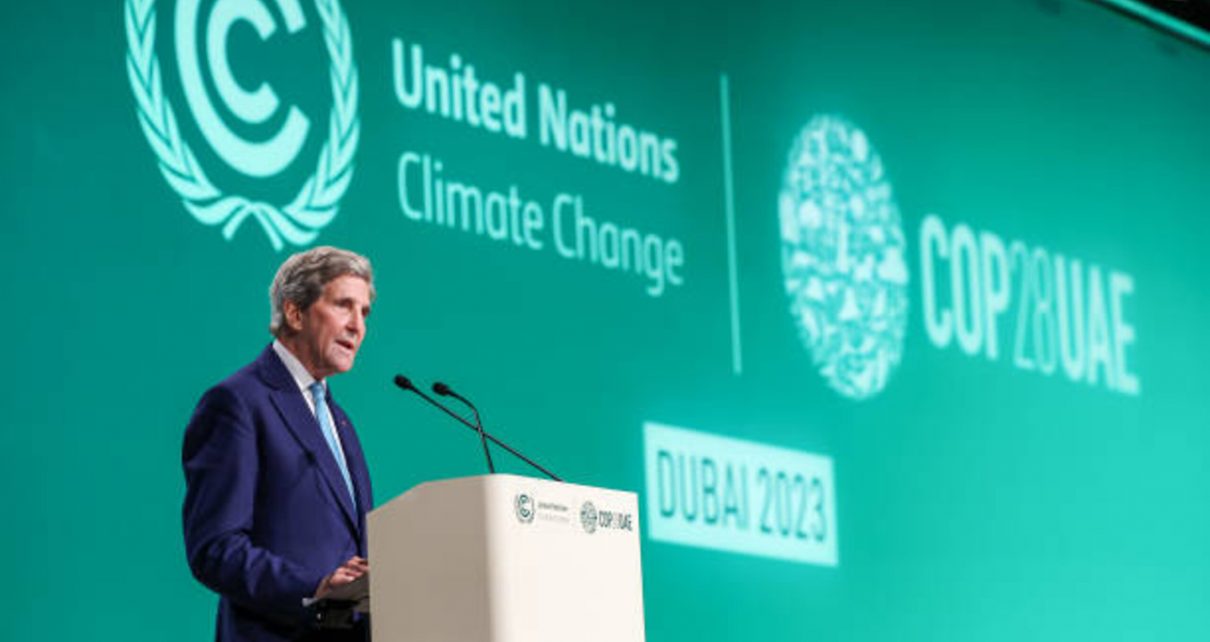At the UN climate summit in Dubai on December 5, U.S. State Department officials confirmed the United States, alongside at least 60 countries, backed a crucial initiative to reduce cooling-related emissions by 2050.
This Global Cooling Pledge marks a significant step towards addressing energy emissions from the cooling sector. It calls for a substantial reduction, aiming for a minimum 68% cut in cooling-related emissions compared to 2022 levels by 2050.
The challenge is formidable, as the cooling industry is projected to expand amidst rising temperatures. With installed cooling capacity expected to triple by 2050, emissions from cooling are forecast to surge between 4.4 and 6.1 billion metric tonnes of carbon dioxide equivalent, as per a United Nations Environment Programme (UNEP) report.
This surge in emissions, constituting about one-tenth of global emissions, could strain electric grids, according to the report.
Reuters exclusively reported U.S. support for the pledge, suggesting potential initiatives to implement regulations or offer incentives within the country’s cooling industry, potentially pressuring other nations to join.
Emphasising efficiency enhancement in cooling technologies and the phase-out of hydrofluorocarbons (HFCs), a potent greenhouse gas emitted by air conditioners and refrigerators, U.S. officials stressed the importance of these measures.
Kenya became the inaugural signatory to the Global Cooling Pledge, with around 59 countries following suit, as confirmed by Brian Dean of Sustainable Energy for All, a UNEP coalition member involved in developing the pledge.
Amidst ambitions to secure backing from at least 80 countries, concerns raised by India about the pledge remain unresolved, potentially impacting its participation.
Highlighting the significance of this initiative, nearly three-quarters of the potential reduction in cooling emissions by 2050 resides within G20 countries, as highlighted by the UNEP report.
Efforts to tackle cooling emissions could prevent the release of up to 78 billion metric tonnes of carbon dioxide equivalent, according to UNEP estimates, underscoring the critical role of this global endeavour in curbing climate change. (with REUTERS report)



